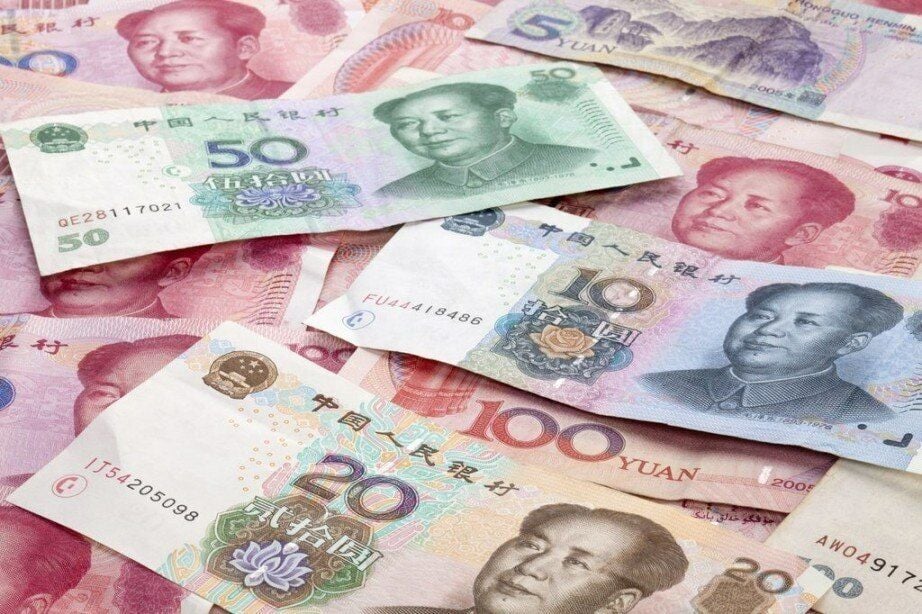Foreign e-commerce giants to dominate Thailand’s market in 2024

An e-commerce chief predicts that foreign operators will continue to control Thailand’s e-commerce landscape, with live commerce and affiliate marketing becoming increasingly prevalent in the next year. Overcoming the nation’s digital trade deficit continues to be a challenge as international companies lead in sales, delivery, and advertising.
The value of Thailand’s e-commerce market is slated to surge to an impressive 700 billion baht in next year, an increase from the projected 634 billion in this year. This growth is attributed to the increasing number of online shoppers and a rise in average spending per consumer.
As of this year, there were 41.5 million online shoppers each spending an average of 8,840 baht. This is a significant rise from 2019’s 30.2 million shoppers who were spending an average of 2,970 baht.
E-commerce competition is anticipated to grow fiercer next year. Creden Data reports that Lazada Group earned a profit of 3.2 billion baht from revenue of 38 billion baht in 2022, while the Sea Group, which includes Shopee, recorded a revenue of 55.6 billion baht with a profit of 2.5 billion.
The delivery sector is also set for heightened competition, which could potentially result in losses for the majority of players. Last year, out of nine operators, only Shopee Express, Lazada Express, and J&T posted profits. The profitability of Lazada Express and Shopee Express is largely due to their integrated parcel and delivery services on their e-marketplace platforms.
Live commerce is also predicted to gain momentum, with TikTok leading the charge and Shopee and Lazada joining in. Thailand has witnessed the highest growth in live commerce in the ASEAN region, according to a 2022 report by Meta and Bain & Company. Influenced by TikTok, which boasts 41 million users, live commerce in Thailand has grown by 10%, compared to the 8% average growth in the rest of Southeast Asia.
Online Marketing Strategy
Affiliate commerce is another rising trend. This online marketing strategy involves content creators promoting products to earn a commission fee when viewers click or purchase products via the sellers’ links.
Chinese products are expected to continue streaming into Thailand, although the volume of illegal products from the mainland is projected to decline. Chinese enterprises have set up warehouses in suburban areas to facilitate wholesale delivery services between China and Thailand for faster delivery.
Industry players are also leveraging live commerce strategies to boost local producers’ exports to China. Automation and artificial intelligence in e-commerce are likely to be embraced by more businesses, including online sellers.
Revenue for on-demand commerce is projected to grow next year, despite being predominantly controlled by super-apps and most players reporting losses in 2022. Only Grab managed to generate a profit in its first year. As per Creden Data, on-demand commerce revenue in 2022 surpassed 37 billion baht, reported Bangkok Post.
Latest Thailand News
Follow The Thaiger on Google News:


























